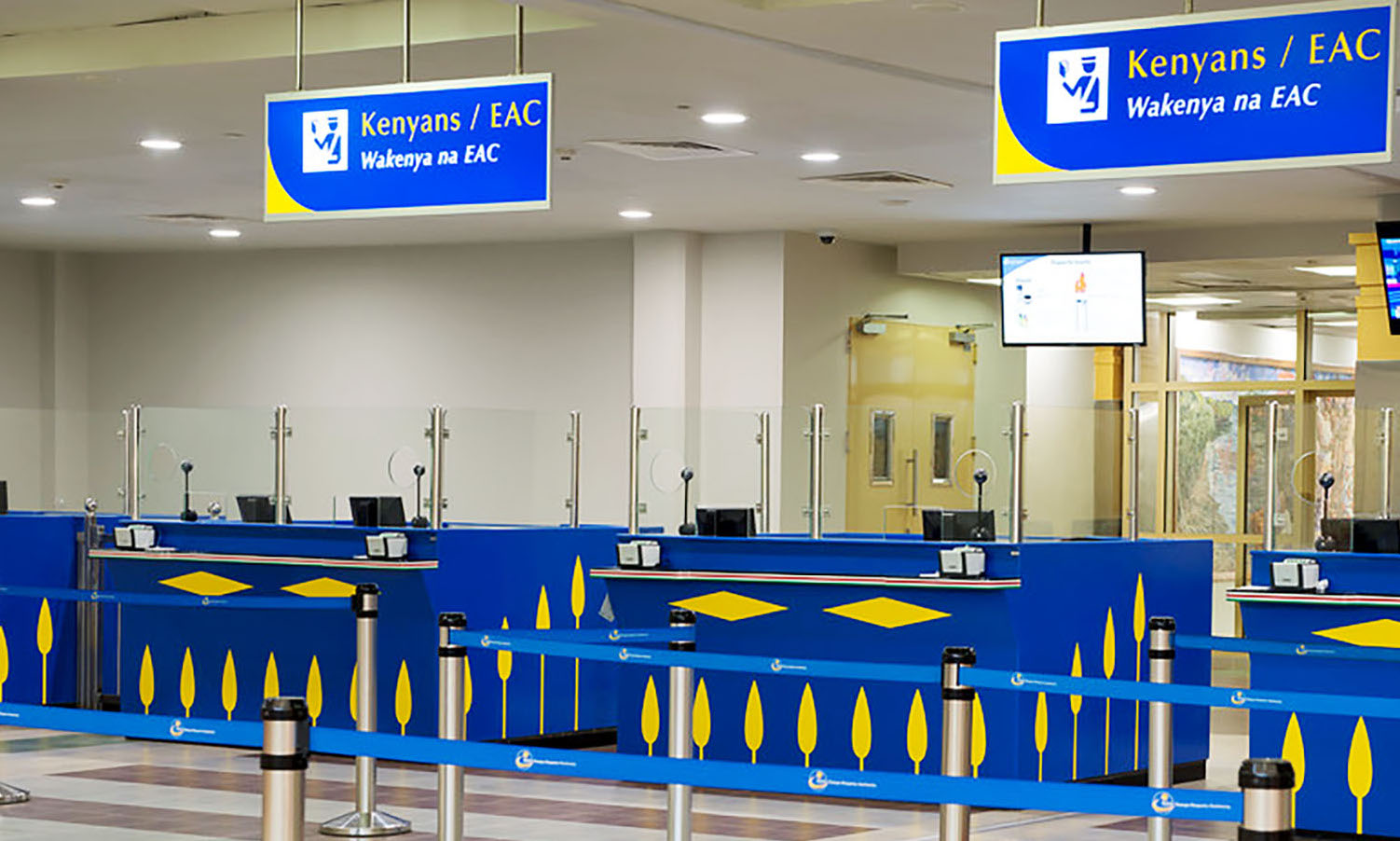Kenya’s quiet scrapping of its Electronic Travel Authorisation (ETA) system has turned into a storm cloud over the country's tourism and tech sectors, as Swiss firm Travizory Border Security threatens legal action and industry players decry mounting travel disruptions.
The move, carried out without prior notice in March, has cast a spotlight on Kenya’s handling of digital partnerships and raised red flags among potential investors.
The ETA system, introduced just three months prior through a partnership with Travizory, was abruptly replaced with a new, locally developed alternative under the e-Citizen umbrella.
The government has not disclosed who built the replacement, nor offered any public rationale for the switch — a silence that has further stoked discontent across the travel industry.
Tour operators, already grappling with strained booking systems, say the sudden changeover has triggered approval lags and technical mishaps.
Read More
According to Boniface Mwangi, a Nairobi-based tour operator, "Tourists have missed flights due to approval delays. The trust that had been built is quickly eroding."
Travizory’s now-retired platform had achieved notable operational benchmarks: processing times were slashed from two weeks to under three days, uptime clocked in at 99.97 per cent, and more than 1.8 million applications were handled within the system’s first year.
Its integration of live screening and digital credentials was seen as a leap forward in secure and efficient border management.
Those achievements are now being overshadowed by allegations that the government’s new vendor copied Travizory’s proprietary technology.
The Swiss firm is reportedly preparing a multi-million dollar lawsuit against Kenya, accusing authorities of contract violation and intellectual property theft.
Legal observers warn of wider implications for the country’s investment environment.
One Nairobi-based legal analyst remarked, "This case could set a precedent on how governments engage with international tech partners. If Kenya is seen as an unsafe environment for IP, future collaborations could be at risk."
The tourism sector, meanwhile, is reeling.
The Tourism Federation of Kenya has sounded the alarm on growing cancellations and dwindling bookings, just months after the ETA system helped drive a 40 per cent surge in international arrivals — buoyed also by the newly introduced visa-free policy.
What started as a back-end digital adjustment has escalated into a high-stakes dispute with international dimensions.
Now, as tourism earnings hang in the balance and legal threats loom, Kenya’s next move could determine how it is perceived by investors and tech firms around the globe.
The damage to trust, both domestic and foreign, may take more than a new platform to repair.






